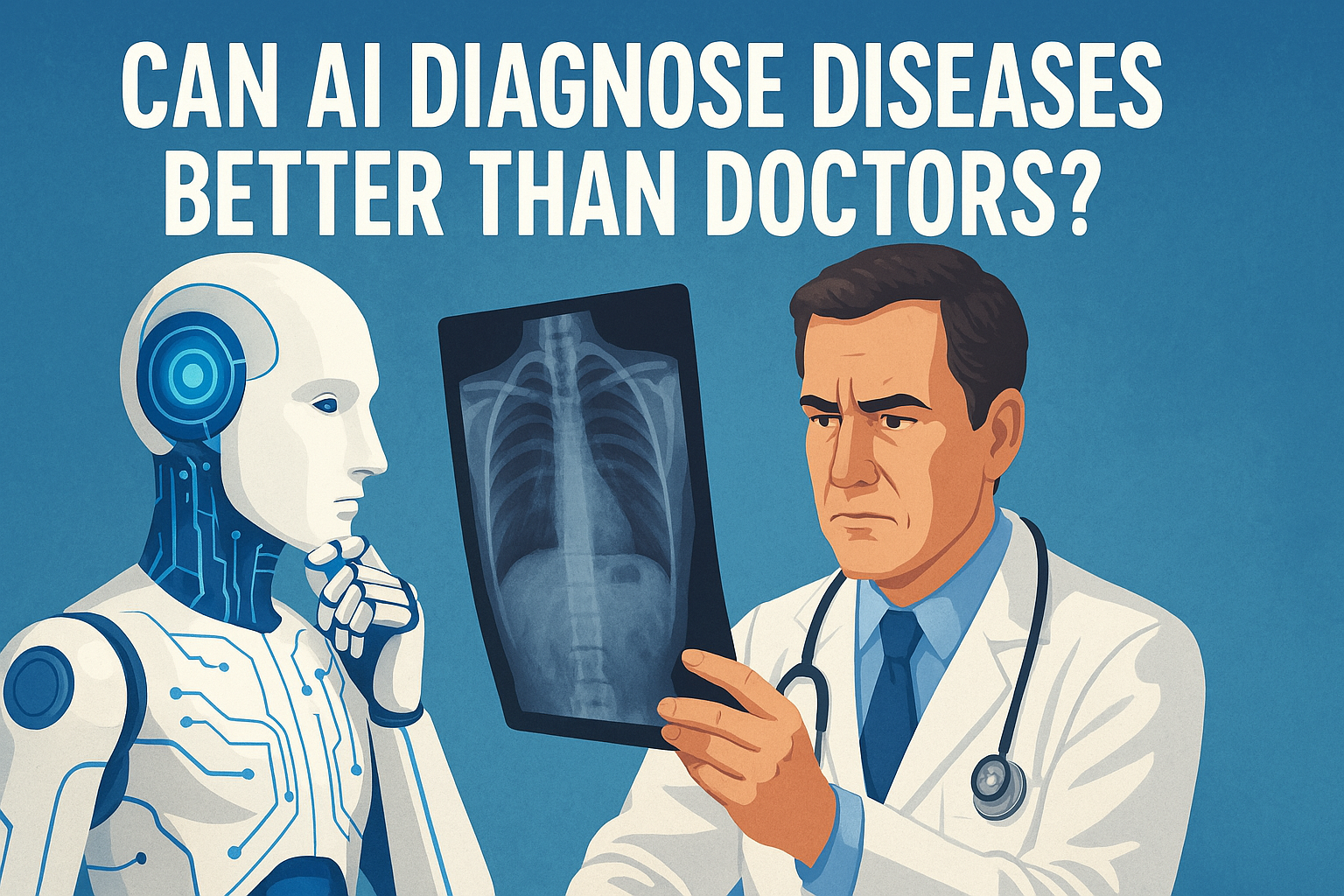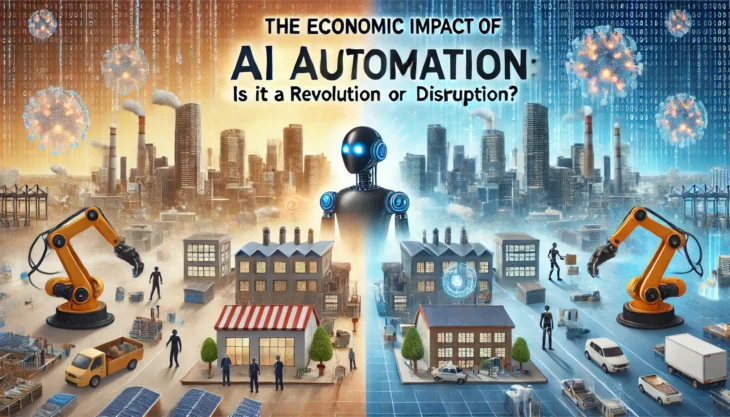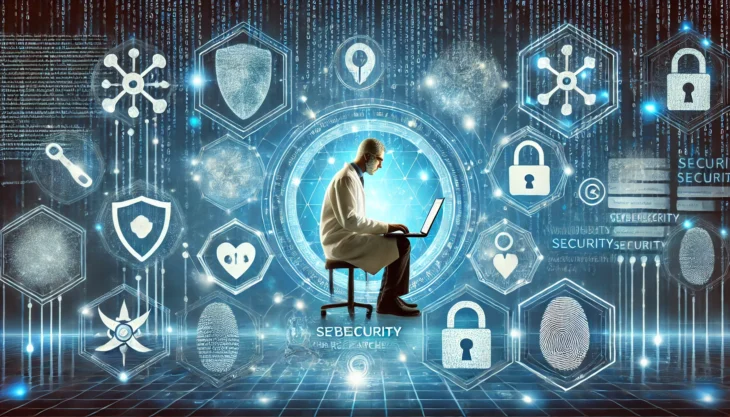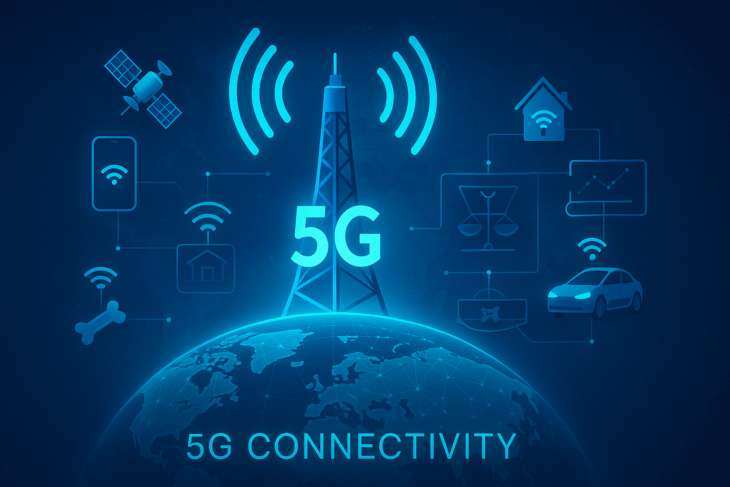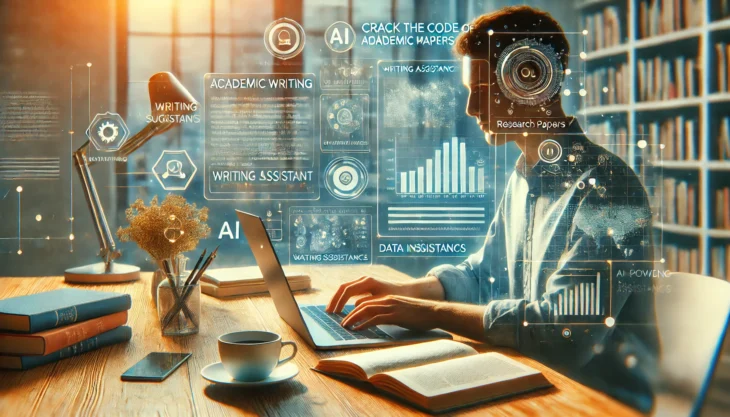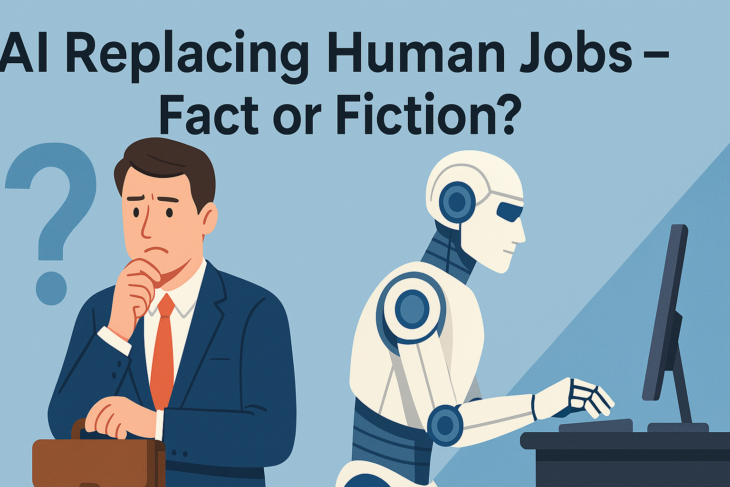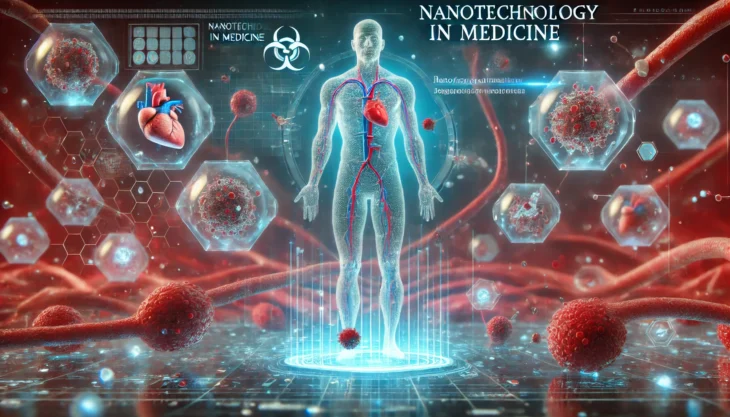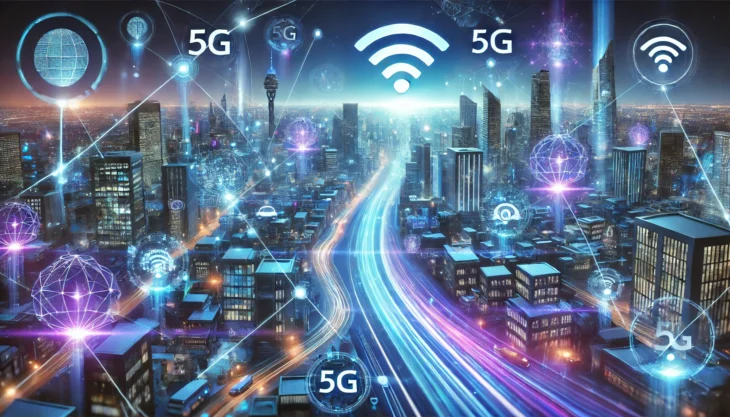Imagine walking into a clinic and, instead of a doctor, you’re greeted by a sleek screen. You speak, it listens. It scans your face, your voice, maybe even a quick blood test. Within seconds, it gives you a diagnosis. Confident and detailed. No human involved. Sounds futuristic? Not anymore. Among the biggest breakthroughs of AI and machine learning, healthcare certainly seems to be at the top.
The question, however, that’s raising eyebrows and shaking up the medical world is this: Can Artificial Intelligence diagnose diseases better than doctors?
It’s not a simple yes or no. It’s a thrilling debate filled with promise, pressure, and a whole lot of passion from both sides. Here’s the argument for the case.
The Rise of the Machine
AI, or artificial intelligence, has been making serious waves in healthcare. From reading X-rays to detecting cancers that even trained doctors miss, Artificial Intelligence seems to be sprinting ahead.
Take Google’s DeepMind, for example. In 2020, it developed an AI system that could detect breast cancer in mammograms more accurately than human radiologists. That’s not fiction. That’s published in Nature.
“AI can identify patterns invisible to the human eye,” says Dr. Eric Topol, a world-renowned cardiologist and digital health expert. “It’s not about replacing doctors, but complementing them in ways we never imagined before.”
Topol isn’t alone. Experts across the globe are acknowledging AI’s power to process vast data—genetics, medical history, images, voice tones, even heart rhythms—and spot diseases early. Sometimes years before symptoms show.
But Wait, What About the Human Touch?
Sure, Artificial Intelligence is fast. It’s precise. It doesn’t get tired or emotional. But here’s where the debate gets spicy.
Can an algorithm understand fear? Can it spot subtle emotional cues in a patient’s voice or body language? Can it build trust?
“Medicine isn’t just a science; it’s an art,” says Dr. Abraham Verghese, a professor at Stanford. “The relationship between doctor and patient is therapeutic. No machine can replace that.”
He’s got a point. AI can give you a diagnosis, but it won’t hold your hand while you hear the bad news. It won’t pause to comfort a nervous parent or pick up on the things left unsaid.
Many argue that context matters, especially in complex diagnoses. A person’s mental health, culture, lifestyle. All play into their condition. And those nuances? Hard to code into an algorithm.
Accuracy Wars
So let’s get nerdy for a second.
A study published in The Lancet Digital Health compared AI systems with doctors in diagnosing diseases like skin cancer. The result? AI performed as well as, or better than, experienced dermatologists.
In another trial, IBM’s Watson was used to diagnose rare cancers. It analyzed thousands of cases in minutes—something that would take humans days.
That’s powerful. Really powerful.
That being said, AI also makes mistakes. Sometimes serious ones. When trained on flawed or biased data, AI systems can mirror those same flaws. There have been cases where AI misdiagnosed women or minorities due to lack of diverse data. So yes, Artificial Intelligence is smart. But only as smart as the data it’s fed.
And let’s not forget, a wrong diagnosis from a human can be tragic. But a mistake from AI feels colder, more alien, less accountable.
Speed vs. Wisdom
Here’s another angle.
AI is lightning fast. It can go through thousands of medical papers and patient records in a blink. It never forgets. Never gets distracted. Perfect memory.
Doctors, on the other hand, have experience. Gut feeling. Clinical instinct. They’ve seen unusual cases, heard stories AI hasn’t. They ask weird questions that lead to life-saving insights.
Teamwork or Takeover?
Now let’s flip the question.
Does AI have to be better than doctors? What if it doesn’t need to replace them, but rather partner with them?
When AI and doctors work together, magic happens. Studies have shown thatArtificial Intelligence + human collaboration leads to fewer diagnostic errors than either one alone.
Dr. Fei-Fei Li, a pioneer in Artificial Intelligence, puts it beautifully:
“AI is not about man versus machine. It’s about a man with a machine.”
And really, isn’t that the sweet spot?
Let the machine crunch the data. Let the doctor interpret it with heart, wisdom, and human judgment.
Trust and Accountability
There’s also the issue of trust.
Who takes responsibility if AI gets it wrong? The developers? The hospital? The doctor who relied on it?
In real-world medicine, responsibility matters. People want to know someone is accountable. That’s something AI can’t offer. Not yet.
Also, patients tend to trust doctors they can talk to. They want empathy, not just efficiency. Until AI can look someone in the eye and say, “I understand,” it might have limits.
The Verdict? It Depends.
So … can Artificial Intelligence diagnose diseases better than doctors?
Sometimes, yes. Especially in pattern recognition, speed, and data analysis. But is it better overall?
Not quite. Not yet.
AI lacks empathy, ethical judgment, and human intuition. It can support and enhance doctors. But replacing them? That’s a step too far.
The most likely future is AI-powered doctors. Not AI instead of doctors.
Imagine a world where your physician uses AI as a second brain. One that scans your entire medical history, genetic data, and the latest research before offering an opinion. A super-informed, deeply human diagnosis.
That’s not scary. That’s just better.

